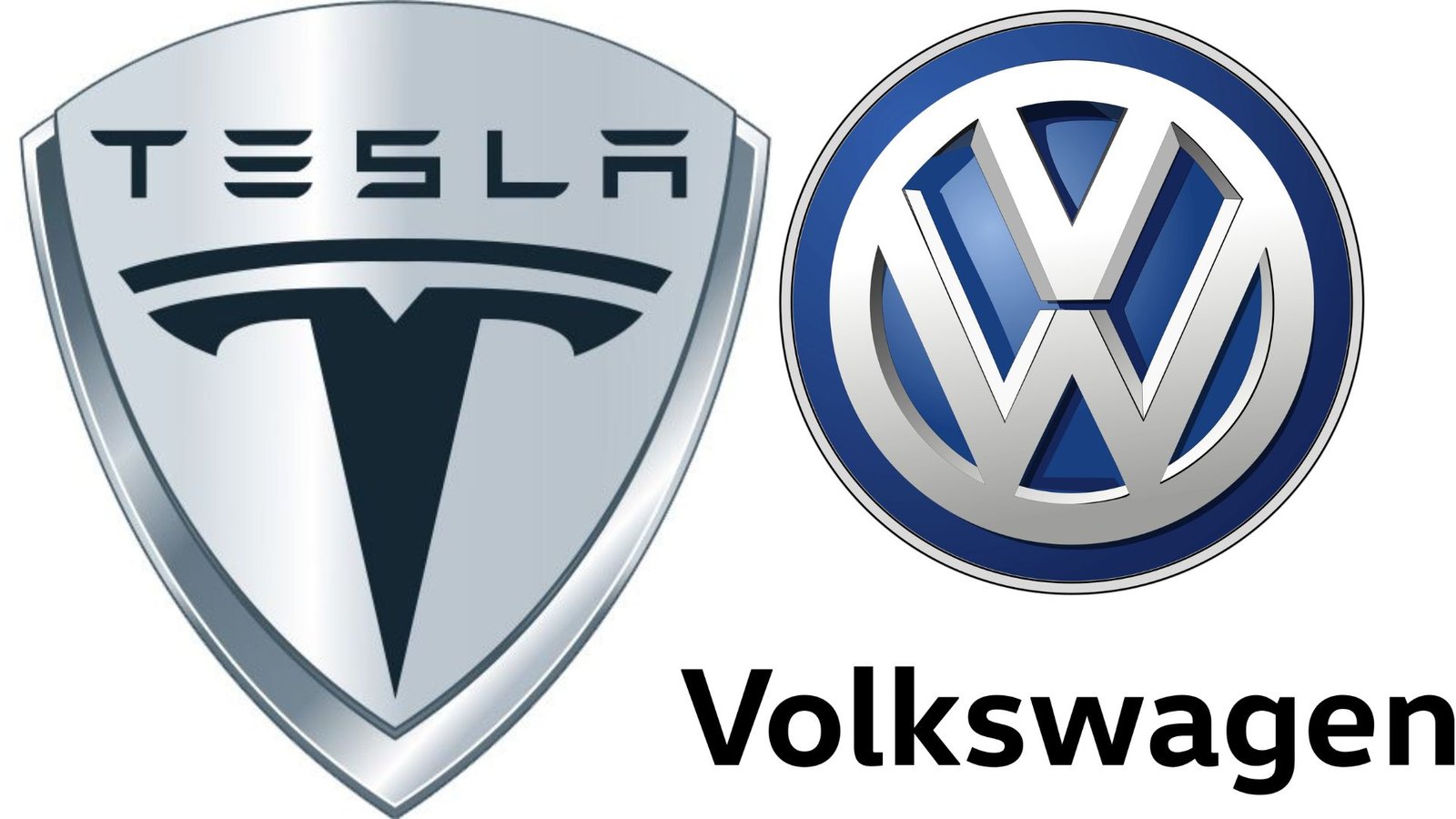Volkswagen’s departure from Australia’s Auto Lobby after the withdrawal of Tesla. The automotive industry is witnessing a significant shift as major car manufacturers like Volkswagen and Tesla withdraw from Australia’s auto lobby, the Federal Chamber of Automotive Industries (FCAI). This move comes in the wake of disagreements over the proposed New Vehicle Efficiency Standards (NVES), which aim to regulate vehicle emissions and fuel efficiency.
Volkswagen Follows Tesla: A Strategic Retreat

Volkswagen’s decision to exit the FCAI’s policy committee mirrors Tesla’s earlier departure. Both companies have expressed concerns that the NVES does not align with their operational capacities or their ability to manufacture vehicles at a lower cost. The standards also seem to limit the range of vehicles that can be offered to consumers, potentially stifling innovation and diversity in the auto market123.
The Crux of the Controversy: NVES
The NVES has become a point of contention within the industry. Designed to encourage the sale of cleaner, more fuel-efficient cars, the standards are part of a global push towards reducing carbon emissions. However, many car manufacturers argue that the proposed standards are not conducive to building a profitable market in Australia.
The Reasons for Volkswagen’s departure:
- Inflated Prices: Manufacturers believe that adhering to the NVES would lead to higher vehicle prices, making cars less affordable for consumers.
- Limited Vehicle Options: The standards could restrict the variety of vehicles available, limiting consumer choice.
- Reduced Profit Margins: The increased costs associated with meeting the NVES could result in lower profits for car manufacturers.
The Debate: NVES and the Future of the Auto Industry
Tesla and Volkswagen’s departure from the FCAI raises several questions about the future of the auto industry and environmental regulation:
- Is the NVES Flawed?: Critics argue that the standards are too stringent and do not consider the practicalities of the auto market.
- Is the Auto Lobby Reducing Competition?: Some suggest that the FCAI’s stance on the NVES may be an attempt to protect certain interests within the industry by reducing competition.
- Government Regulation vs. Industry Freedom: The government sees the NVES as a necessary step to control emissions and pollution, but the auto industry advocates for more freedom to innovate and compete45.
Tesla and Volkswagen’s departure from Australia’s auto industry policy committee raises pertinent questions regarding the efficacy and necessity of NVES. While proponents argue that such regulations are essential for mitigating environmental impact, sceptics question their practicality and potential adverse effects on the automotive industry.
Regulation vs. Competition
Furthermore, there is speculation regarding the motives behind the push for NVES. Some skeptics suggest that the Australian auto lobby may be leveraging regulatory measures to limit competition within the industry, thereby protecting domestic interests at the expense of international automakers.
Government Intervention: A Necessary Measure?
On the contrary, proponents of NVES assert that government intervention is imperative in combating climate change and reducing carbon emissions. By imposing strict efficiency standards, policymakers aim to incentivize the adoption of cleaner technologies and foster a more sustainable automotive industry.
Conclusion: An Uncertain Road Ahead
As the debate continues, one thing is clear: the Australian market will not see new Tesla and Volkswagen vehicles at lower prices anytime soon. The NVES has sparked a broader discussion about the balance between environmental responsibility and economic viability in the auto industry. As the world moves towards greener technology, Australia’s automotive policies will play a crucial role in shaping the industry’s direction.
We invite you to share your thoughts on this development. Do you think the NVES is a step in the right direction, or does it hinder the growth of the auto industry? Let us know in the comments below.
Your Opinion Matters
What are your thoughts on Tesla and Volkswagen’s departure from Australia’s auto industry policy committee? Do you believe that NVES is the most effective approach to addressing environmental concerns, or are there alternative solutions that warrant consideration? Share your opinion in the comments below.

Your article helped me a lot, is there any more related content? Thanks!